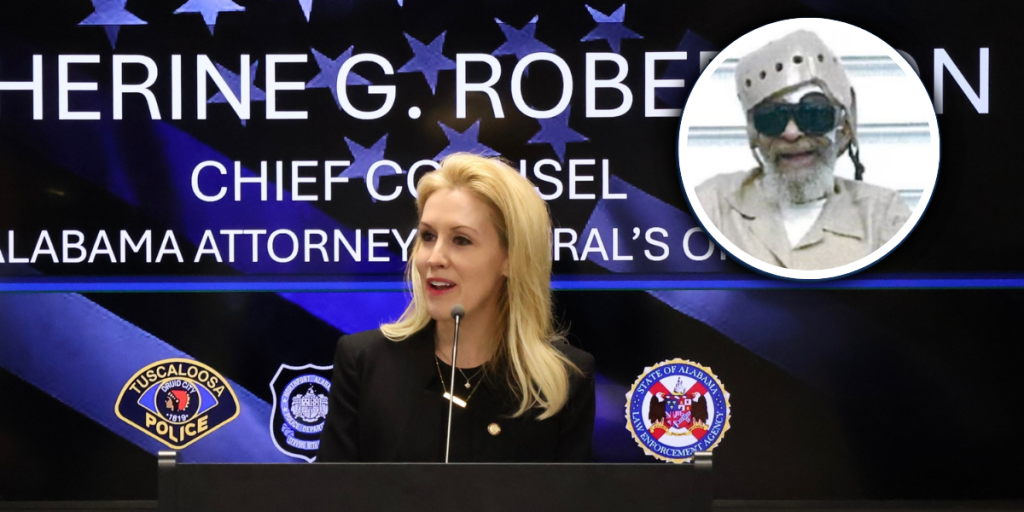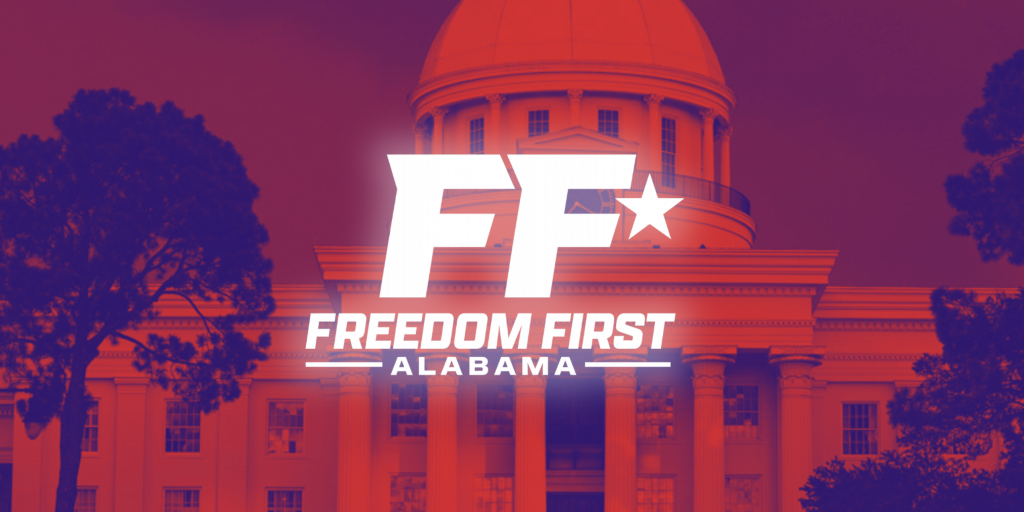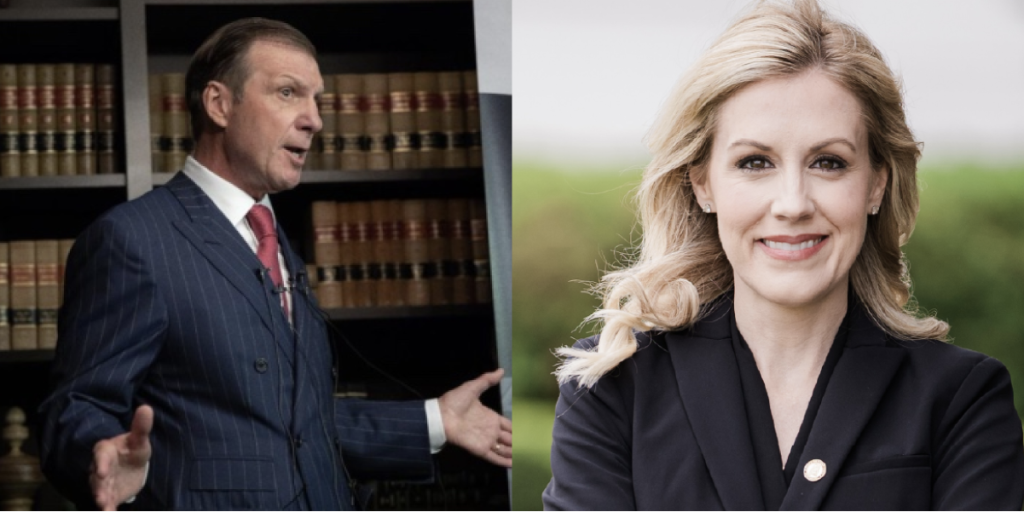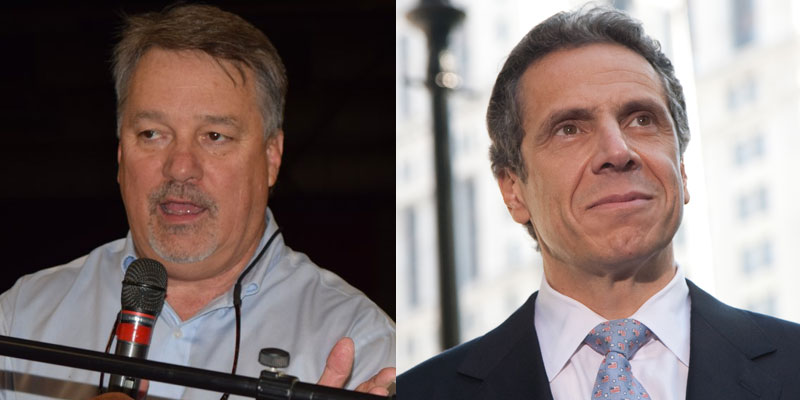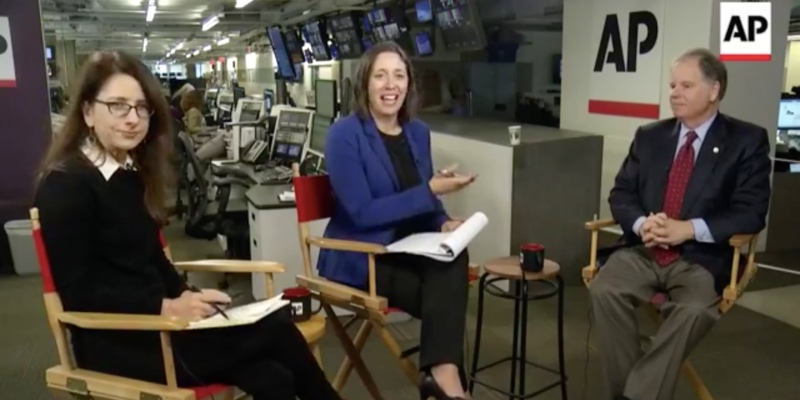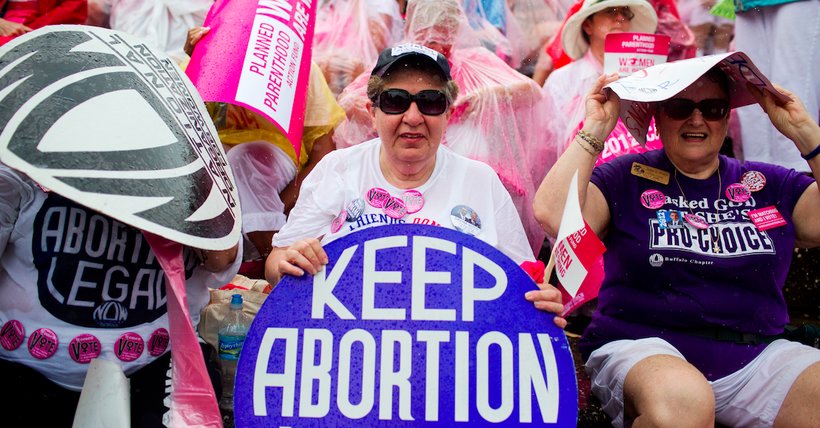
MONTGOMERY, Ala. — For the second time in as many months the Alabama abortion industry has received a boost from the judicial branch of the U.S. government.
On Wednesday, liberal U.S. District Judge Myron Thompson issued a restraining order on two pro-life laws that were set to go into effect August 1 — one that would ban second-trimester abortions and another that would prevent abortion keep clinics from opening up within 2,000 feet of a school.
Rep. Ed Henry (R-Hartselle) sponsored the legislation in response to a Huntsville abortion clinic’s decision to open up across the street from a local middle school. The Alabama Women’s Center for Reproductive Rights moved to the location after a law was passed in 2013 requiring them to upgrade their facilities.
“There’s nothing in this that will close the clinic, so long as they’re not in proximity to the school,” Rep. Henry said during debate over the bill, which passed easily by a vote of 79 to 15.
“There’s always protests, there’s back and forth, there’s signs, there’s graphic things said from both sides, the proponents and opponents of abortion,” Henry told the Montgomery Advertiser. “This bill contends this is not something that needs to be in front of a public K-12 school.”
A small group of opposing legislators argued that the issue was not the abortion clinics, but rather the pro-life activists who protest outside of them.
“Let’s get real who’s the problem here,” said Rep. Patricia Todd (D-Birmingham). “It is not the clinic, it is the people protesting the operation.” Todd, who has escorted other women to have abortions, said she has been spit on by protesters and hit with their signs.
Nikema Williams of Planned Parenthood, which operates abortion clinics in Birmingham and Montgomery, expressed her outrage to the Advertiser, saying, “To treat us as if we should be on some watch list as convicted sex offenders is asinine.”
This is far from the first time Judge Thompson has issued a ruling at odds with pro-life laws passed by the Alabama legislature.
Thompson previously blocked the state from canceling a Medicaid contract with Planned Parenthood in the wake of revelations that the abortion provider was selling the parts of aborted babies.
Wednesday’s ruling also comes on the heels of the U.S. Supreme Court striking down a Texas law that placed “an undue burden” on women seeking an abortion by requiring providers to have hospital admitting privileges. The Alabama legislature passed a similar law in 2013, but Judge Thompson blocked it, prompting the state to appeal. The Supreme Court’s ruling put an end to Alabama’s appeal efforts.
In 2013, the Alabama Policy Institute (API) released data on the number of abortions that have taken place in Alabama since Roe v. Wade went into effect in 1973.
According to API, there were 515,900 abortions in Alabama between 1973 and 2011, and over 50 million abortions nationwide during that same timeframe. Forty-two percent of abortions in the United States are by women earning below the poverty line, almost 60% of whom are between the ages of 20-29.




